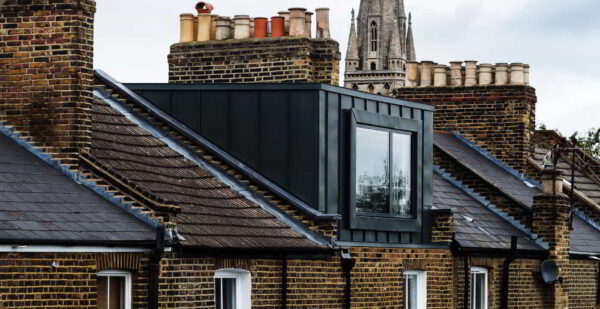
3 Ways to Shake Up Your Habits and Trim Your Personal Carbon Footprint

In 2021, we’re more aware of our impact on the environment. From the food we eat to the clothes we purchase and the way we travel, we all have a carbon footprint.
While our personal actions aren’t the biggest contributors to greenhouse gases, there are many ways we can fight against climate change.
Ben Mercer, E-Commerce Manager at UK electric bike supplier: Leisure Lake Bikes, shares his thoughts with us on some small changes you can make in your personal life that will make a big difference to the environment.
1. Change the way you travel
In the UK, the biggest contributor to greenhouse gases is transport. While emissions dropped in 2020 because we used road transport less, they’re on the rise again in 2021 as most lockdown restrictions have been removed.
The government and a number of charities have launched campaigns to encourage people in the UK to cycle and walk more. We know that this isn’t viable for everyone, particularly those who aren’t a walkable distance from their workplace or places of leisure.
If you’re keen to adopt habits that are both more sustainable and healthy, why not consider an electric bike? The great thing about electric bikes is that they can go much faster than a standard bike with less effort – up to 32mph – and can assist you up hills. This is perfect for people who find manually cycling to their destination a bit too challenging.
2. Consider the lifecycle of your items
Unrecycled waste is a problem in the UK. If we take clothes waste as an example, the UK is consuming and throwing away more clothes than any other country in Europe. We own an average of 115 items, but we haven’t worn 30% of them.
Whether you buy new clothes each season or you have a staple wardrobe that you stick to, there are changes you can make to reduce your waste. Donating clothes you don’t wear to charity shops is a great way to extend their lifecycle. If your clothes are unwearable, you could upcycle them into something new – like a face covering, a hat, or even reusable cleaning rags.
Similarly, our mobile phones can produce a lot of waste. On average, we change our smartphones every 27.7 months, while 51% of us have an unused mobile device gathering dust in our homes – no doubt destined for the landfill. This means we produce 24.9kg of eco waste per person.
By keeping our smartphones for as long as possible and not being tempted by the newest, flashiest phone on the market, we can limit the amount of waste we produce. If you do replace your smartphone – whether it’s because your previous one was no longer fit for purpose or you wanted a newer model – make sure you recycle your old handset.
If it’s unusable, the parts can be used to make a newer phone. If it’s still usable, it can be refurbished and resold. You might also want to consider a refurbished phone if you’re buying a new handset – what better way to contribute to longer-lasting devices?
3. Embed sustainability into your diet
Diets like veganism are growing in popularity for a number of reasons – one of which is that they’re more eco-friendly overall. But you don’t have to go full vegan to protect the planet. Going flexitarian, which is where you eat a vegan or vegetarian diet for a couple of days a week, can contribute to a 52% decrease in greenhouse gas emissions!
Buying locally sourced fruit, vegetables, and meat is also a great way to trim your carbon footprint. The less travel involved in getting the food from harvest to your plate, the more environmentally friendly it is. However, if locally sourced foods are a little more expensive than your budget allows, why not try cutting down on your food waste as a priority?
UK households throw away 4.5 tonnes of food every year. While this has reduced in recent years, more still needs to be done. Creating a meal plan for your week and only buying what you need is a great way to reduce your waste. For extra sustainability points, why not shop at bulk food stores with your own reusable bags and containers to ensure you only buy what you need?
Preventing climate change is a key priority in the UK right now. We know that as individuals, we can play a part in reducing our personal carbon footprints. By making these small changes to your life, you can contribute to the fight against climate change – and in some cases, improve your own health as well. Win-win!














































